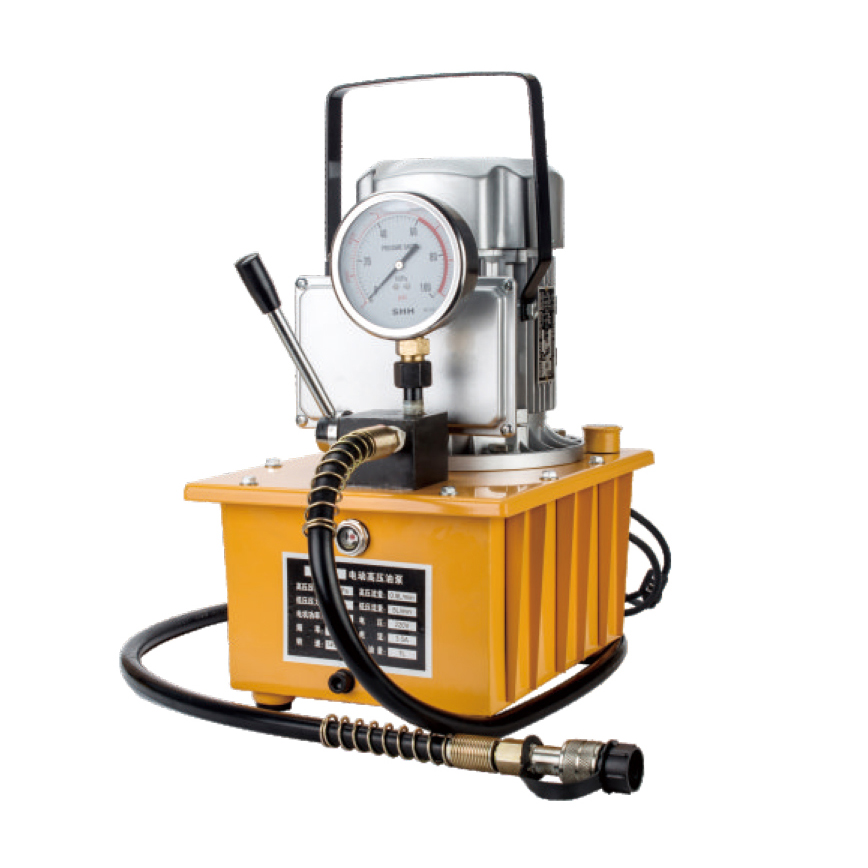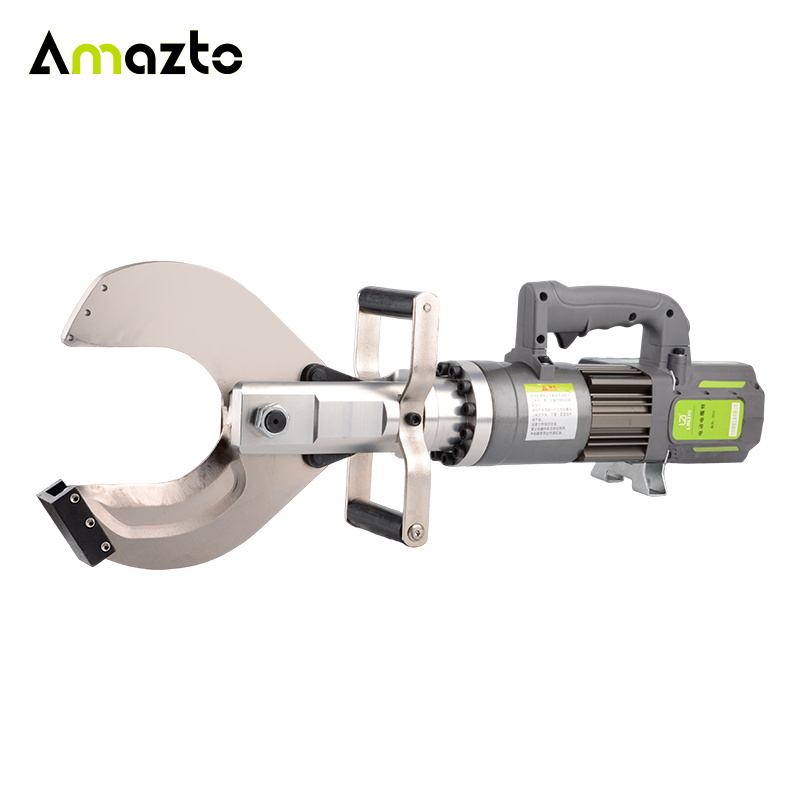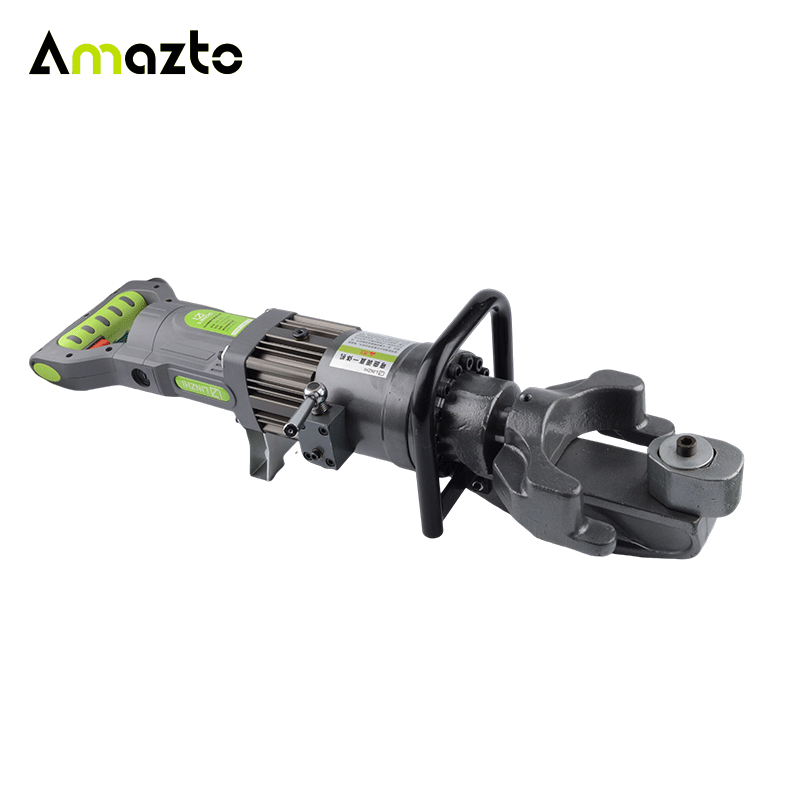Across factories, construction sites, and agricultural operations worldwide, hydraulic pumps serve as the beating heart of countless machinery systems. These critical components convert mechanical energy into hydraulic power, enabling the operation of heavy equipment that forms the backbone of modern industry. The continued evolution of hydraulic pump technology reflects the growing demands for efficiency, reliability, and performance in fluid power systems.
The fundamental role of hydraulic pumps in power transmission systems cannot be overstated. By generating the flow of hydraulic fluid under pressure, these components enable the operation of cylinders, motors, and other actuators in everything from excavators to injection molding machines. Modern hydraulic pumps achieve this through various designs including gear, vane, and piston configurations, each offering distinct advantages for different applications. This versatility has made hydraulic pumps indispensable in sectors ranging from manufacturing to mobile equipment.
Recent advancements in hydraulic pump technology have focused on improving energy efficiency and reducing environmental impact. Contemporary designs incorporate precision machining and advanced materials to less internal leakage and improve volumetric efficiency. Many newer hydraulic pump models feature variable displacement capabilities that automatically adjust output to match system demands, significantly reducing energy consumption compared to fixed displacement alternatives. These improvements come as industries face increasing pressure to reduce their carbon footprints while maintaining productivity levels.
The construction equipment sector remains one of the largest markets for durable hydraulic pumps capable of withstanding harsh operating conditions. Mobile hydraulic systems in excavators, loaders, and cranes rely on robust hydraulic pumps that can deliver consistent performance despite exposure to dirt, vibration, and bad temperatures. The development of compact, high-pressure hydraulic pumps has been particularly important for enabling the powerful yet precise movements expected from modern heavy equipment. These components must maintain performance through thousands of operating hours with small maintenance.
Industrial manufacturing represents another major application area for specialized hydraulic pumps. In factory automation systems, hydraulic pumps provide the power for presses, clamps, and positioning systems that require both high force and precise control. The trend toward smarter manufacturing has driven the development of hydraulic pumps with integrated sensors and communication capabilities. These intelligent pumps can provide real-time performance data, enabling predictive maintenance and reducing unplanned downtime in production environments.
Agricultural machinery has benefited significantly from advancements in hydraulic pump reliability and efficiency. Modern farm equipment utilizes sophisticated hydraulic systems for everything from steering to implement control, with hydraulic pumps serving as the critical power source. The agricultural sector's seasonal demand patterns require hydraulic pumps that can sit idle for months then perform flawlessly during intense harvest periods. Manufacturers have responded with designs featuring improved corrosion resistance and seal technologies to address these unique challenges.
From massive mining trucks to precision industrial robots, hydraulic pumps continue to enable machinery that shapes our modern world. Their ability to deliver tremendous power in compact packages ensures they remain relevant even as alternative technologies emerge. As industries evolve and equipment becomes more sophisticated, hydraulic pump technology will continue advancing to meet new challenges. These vital components will remain at the core of fluid power systems, quietly delivering the force needed to keep industries moving forward. The ongoing development of hydraulic pump technology promises to bring even greater efficiency and reliability to the countless applications that depend on hydraulic power.

 English
English 中文简体
中文简体 русский
русский GET A QUOTE
GET A QUOTE



